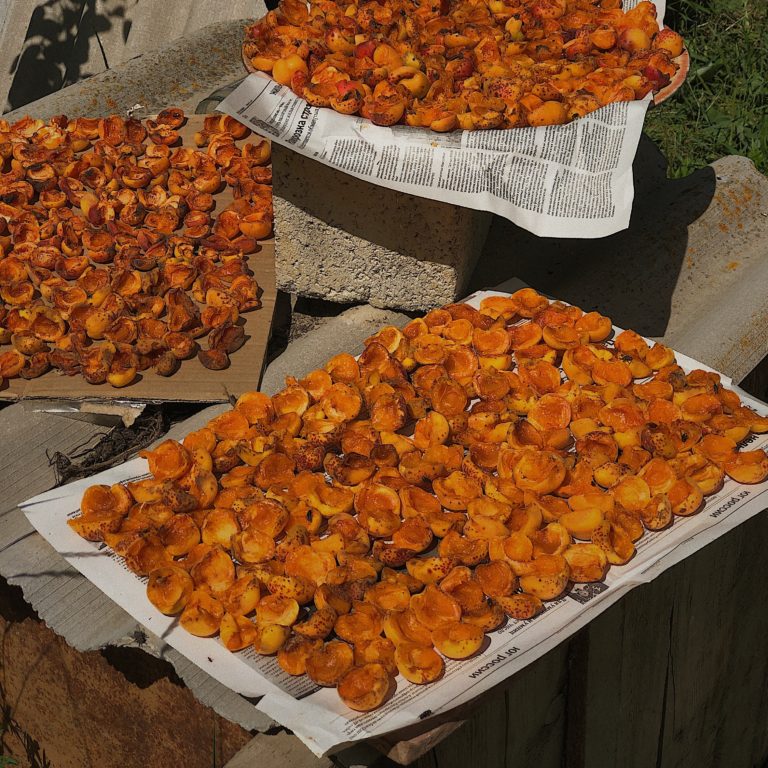There are so many things we don’t know about oils, vitamins, minerals, and many other related health products available out there. What they are, why we need them, where they came from. Wanting to find out more about these substances can be pretty difficult. Most of the write-ups that tell us about them can be boring. Most of the time, you end up having to scroll your way through paragraph after paragraph just to find something interesting.
But now you don’t have to!
Follow our ‘Did you know?’ to find out 20 interesting facts about the different vitamins, minerals, or oils available out there to help your body and mind. All easy to remember and laid out here for you to find!
20 Interesting Facts About Mineral Iron
1. By mass, iron is the most abundant element on Earth.
2. Iron has the periodic symbol ‘Fe’.
3. There are 2 types of dietary iron – Heme and non-heme.
4. Heme iron is very easily absorbed by the human body.
5. Non-heme iron is found in plants such as vegetables, fortified cereals, soya, beans and dried fruits such as apricots.
6. The body does not easily absorb non-heme iron, and when it does, there are many processes involved. Therefore, vegetarians need to consume more iron than non-vegetarians.
7. Iron is available in health food shops in tablet, capsule, liquid, and powder form.
8. Vitamin C greatly helps absorb more iron, especially non-heme.
9. Iron is very important in the workings of haemoglobin – a protein that moves oxygen around your body.
10. Iron is important for a woman to have a healthy pregnancy because it helps supply the foetus with oxygen and nutrients.
11. It’s also important for ensuring increased energy levels in the body because iron carries oxygen around the body. It is this process that provides the body with energy.
12. Iron is very important for people who participate in athletic sports. It promotes better athletic performance because it carries oxygen around the body.
13. Iron is important for the body’s gastrointestinal processes.
14. It’s also important in the regulation of your body temperature.
15. Iron is vital in the function of your immune system.
16. Tannins in tea and coffee and polyphenols in cereals and spinach reduce the absorption of iron by the body.
17. Carbonated drinks contain phosphates which reduce the absorption of iron by the body.
18. The recommended daily allowance (RDA) is –
- Boys (9 years to 13 years) – 8mg
- Teenage boys (14 years to 18 years) – 11mg
- Men (19 years and over) – 8mg
- Girls (9 years to 13 years) – 8mg
- Teenage girls (14 years to 18 years) – 15mg
- Women (19 years to 50 years) – 18mg
- Women (over 50 years) – 8mg
- Female athletes need an extra 10mg on top of their allowance.
- Pregnant women – 27mg
- Breastfeeding women – 9/10mg
19. An excess of iron in the body can lead to –
- Liver cancer
- Diabetes
- Vomiting
- Nausea
- Upset stomach.
- Internal bleeding
- Coma
- Organ failure
20. Iron deficiency leads to –
- Anaemia
- Fatigue and reduced stamina
- Increased irritability
- Pale skin
- Breathlessness
- Heart palpitations
- Unable to focus
- Premature birth, low birth weight and impaired development in newborn babies
If you know any more interesting things about mineral iron, let us know on our forum and social media! Share some of your thoughts with others and start a conversation.
DISCLAIMER
Before you start any new diet, health programme, exercise routine, and ingest or topically use any oil, vitamin, mineral, product or compound, it is very important to consult your doctor, therapist or do a patch test to make sure you do not have any adverse reactions.
We do not offer any form of medical or psychological advice. The information in our wellbeing articles are offered for educational purposes only. Our wellbeing articles are not intended to diagnose, treat or prevent any disease. Thank you.



